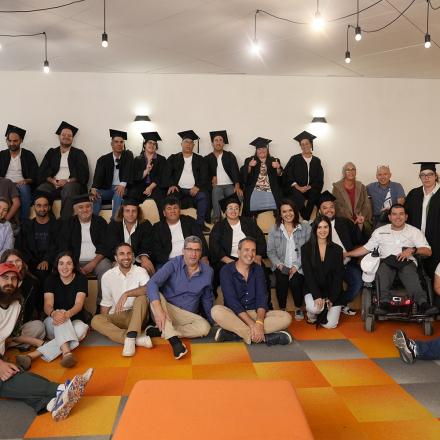With close to 20 million TikTok views, #QuietQuitting is more than just a viral hashtag. A survey by Microsoft shows that 54% of GenZ workers have considered quitting their job. Now, experts have met to figure out what it all means.
A recent conference at Sapir brought together over 100 industry professionals and leading academics from southern Israel to discuss the post corona job market.
The meeting was organized by the Israel Manufacturer’s Association together with Sapir, the Ministry of Economy and the City of Sderot. Contrary to negative stereotypes about employees from Generation Z, speakers at the conference – including executives from leading employers such as Magen Eco-Energy and the Negev Nuclear Research Center - described a more nuanced reality and called for a more sophisticated response.
Dr. Uzi Guterman of Bar Ilan University argued that today’s workers seek a new balance between the office and family life, something industry should embrace. Prof. Nir Kedar, President of Sapir, said his goal is to offer young people an academic experience that combines employment-focused education with studies grounded in personal meaning and enrichment. A healthy job market, he explained, allows room for family, community and personal development.
More News
Empowering the Future

